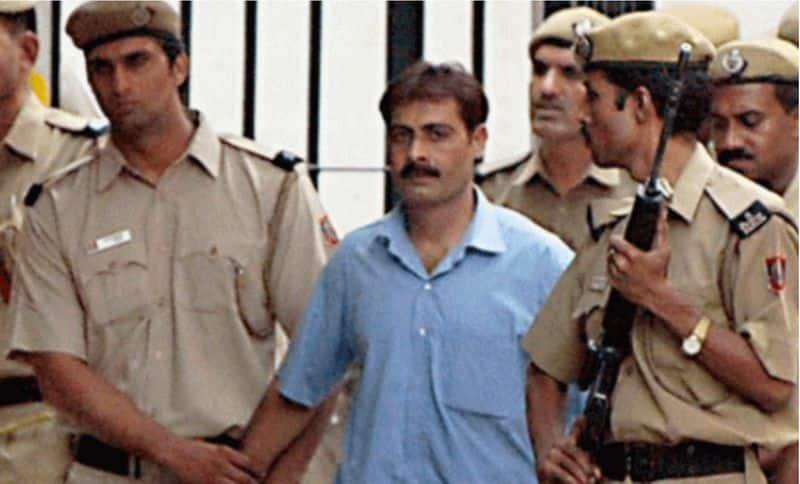
President Droupadi Murmu Rejects Mercy Plea Of Pakistani Terrorist Convicted In Red Fort Attack Case
Arif's plea for clemency was dismissed by the Supreme Court on November 3, 2022, affirming the death penalty handed down to him for his role in the attack. Despite this, legal experts suggest that a death row convict still has recourse to appeal to the highest court, seeking a reduction in sentence due to prolonged delays under Article 32 of the Constitution.
Arif's mercy petition, submitted on May 15, was officially declined on May 27, as per the President's secretariat order dated May 29.
In its ruling upholding the death sentence, the Supreme Court underscored the absence of mitigating circumstances in Arif's favor. It emphasized the gravity of the Red Fort attack, highlighting its direct threat to the unity, integrity, and sovereignty of the nation.
On December 22, 2000, the Red Fort witnessed a devastating attack when assailants opened fire on the 7 Rajputana Rifles unit stationed within its premises. Tragically, three Army personnel lost their lives in the assault.
Arif, a Pakistani national affiliated with the banned organization Lashkar-e-Taiba (LeT), was apprehended by the Delhi Police just four days after the attack took place.
"Appellant-accused Mohd. Arif alias Ashfaq was a Pakistani national and had entered the Indian territory illegally," the top court's order of 2022 had said.
Arif was convicted of collaborating with other militants to orchestrate the attack, receiving a death sentence from the trial court in October 2005. Both the Delhi High Court and the Supreme Court upheld this ruling in subsequent appeals.
The trial court revealed that the plan to assault the Red Fort was devised at the residence of two conspirators in Srinagar, where Arif had illegally entered in 1999 alongside three other LeT militants. These three militants-Abu Shaad, Abu Bilal, and Abu Haider-were killed in separate encounters within the monument.
Despite numerous legal battles, including review and curative petitions, Arif's plea for mercy was denied, underscoring the gravity of the offense and its threat to national security.
The Delhi High Court affirmed the trial court's decision in September 2007. Arif then challenged this verdict in the Supreme Court, which also upheld the death sentence in August 2011.
Subsequently, his review petition was dismissed by a two-judge bench of the apex court in August 2012. A curative petition met a similar fate in January 2014.
Following this, Arif petitioned for review petitions regarding death sentences to be heard by a bench of three judges and in open court. A constitution bench of the apex court, in a September 2014 judgment, mandated such cases to be heard by a three-judge bench.
Before this ruling, review and curative petitions of death row convicts were decided through chamber proceedings by circulation, without open court hearings.
In January 2016, a constitution bench directed Arif to seek the reopening of review petitions for an open court hearing within one month, a request that was eventually denied.
The Supreme Court's rejection of the review petition on November 3, 2022, adds to President Murmu's previous denial of another mercy petition last year, signaling a resolute stance on cases involving serious crimes.
Legal Disclaimer:
MENAFN provides the
information “as is” without warranty of any kind. We do not accept
any responsibility or liability for the accuracy, content, images,
videos, licenses, completeness, legality, or reliability of the information
contained in this article. If you have any complaints or copyright
issues related to this article, kindly contact the provider above.


















Comments
No comment